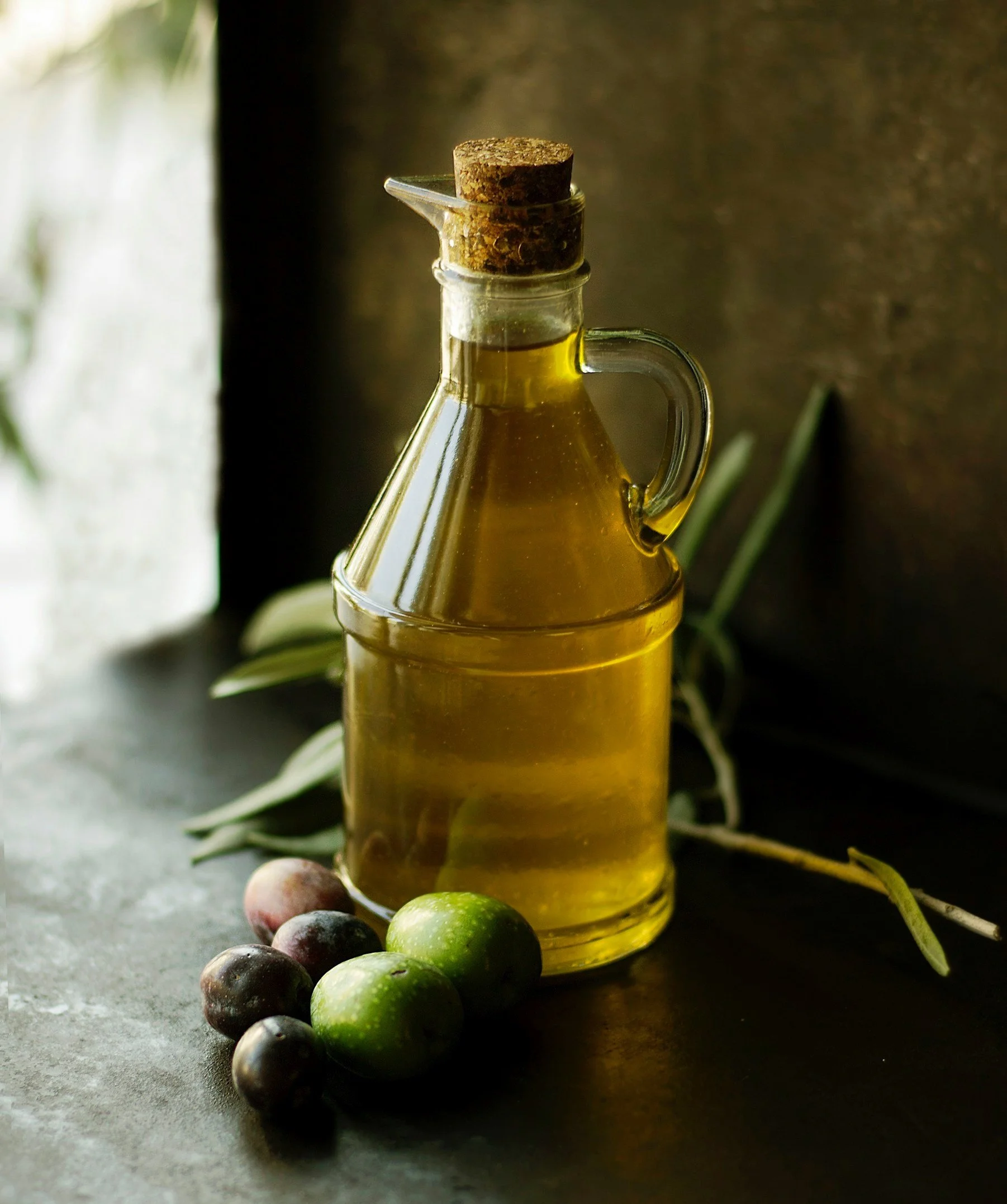It’s Time to Rethink Your Cooking Oils
In our culture, fats often get a bad reputation, but they’re an essential part of a healthy diet. Not all fats are created equal, though, and some, may do more harm than good. In this blog, I’ll cover why fats are important, the potential downsides of hydrogenated oils like canola oil, and better alternatives to consider.
Why Your Body Needs Fats
Fats are an important part of keeping your body running smoothly. They provide energy, whether you’re resting or active, and they can account for up to 70% of the energy your muscles use when you’re at rest. Fats also act as your body’s energy backup, storing reserves for when you need them, and they help protect your organs by acting like a cushion.
Fats are also key for absorbing certain vitamins, like A, D, E, and K. Without fats in your diet, your body can’t absorb these vitamins properly, which means the healthy foods or supplements you’re taking might not be doing much at all. On a deeper level, fats help keep your cells healthy, support your nerves, and keep your brain functioning at its best by helping nerve signals travel smoothly.
And, of course, fats make food taste better! They add flavor and richness to meals and help you feel full for longer. Since fats have more calories per gram than carbs, they give you lasting energy and help keep hunger at bay.
The Impacts of Hydrogenated Fats and Oils on the Body
While fats are important for our health, not all fats are created equal. Many industrial oils—like canola, soybean, and corn—are highly processed and far from natural. The process of making these oils involves extreme heat and chemical treatments impacting the stability of the oil before they even leave the factory. Also, these oils can become rancid when exposed to light or heat. By the time they reach store shelves, they’ve been deodorized to mask unpleasant smells caused by rancidity.
When you consume these oils, you’re essentially ingesting damaged fats. Over time, this can contribute to an essential fatty acid (EFA) deficiency and increase inflammation in the body. Chronic inflammation is a major driver of many health issues, including heart disease, autoimmune disorders, and metabolic conditions.
Want to see the process for yourself? Check out this video for a closer look at how canola oil is made—it’s a real eye-opener.
Where You’ll Find Canola Oil
Unfortunately, canola oil is everywhere. It’s a staple ingredient in so many processed foods, from crackers and chips to salad dressings and even candy. If you’re buying anything pre-packaged, chances are it contains canola oil or another industrial vegetable oil. This is why reading food labels is so important.
Alternatives to Canola Oil
The good news? You don’t have to rely on canola oil for your cooking and baking! There are plenty of healthier, more natural options that not only taste better but also nourish your body. Here are some of the best alternatives:
Coconut Oil: A great source of medium-chain triglycerides (MCTs), coconut oil is stable at high heat and has natural antimicrobial properties.
Avocado Oil: With a high smoke point and a mild flavor, avocado oil is a great choice for sautéing, roasting, and making salad dressings.
Olive Oil: Rich in healthy fats and antioxidants. Stick to extra virgin olive oil for the most health benefits and use it for low- to medium-heat cooking or as a flavorful topping.
Grass-Fed Butter: Packed with vitamins like A and K2, it’s perfect for spreading, baking or cooking.
Tallow and Ghee: Both tallow (rendered beef fat) and ghee (clarified butter) are great for high-heat cooking and are nutrient-dense and full of flavor.
Fats are a crucial part of your diet, but it’s all about choosing the right ones. By swapping out industrial oils like canola for healthier options, you’ll not only reduce inflammation and improve your health but also make your meals more satisfying and delicious.
Next time you’re shopping, take a moment to check the labels and pick one of these healthier alternatives. Your body—and your taste buds—will thank you!
